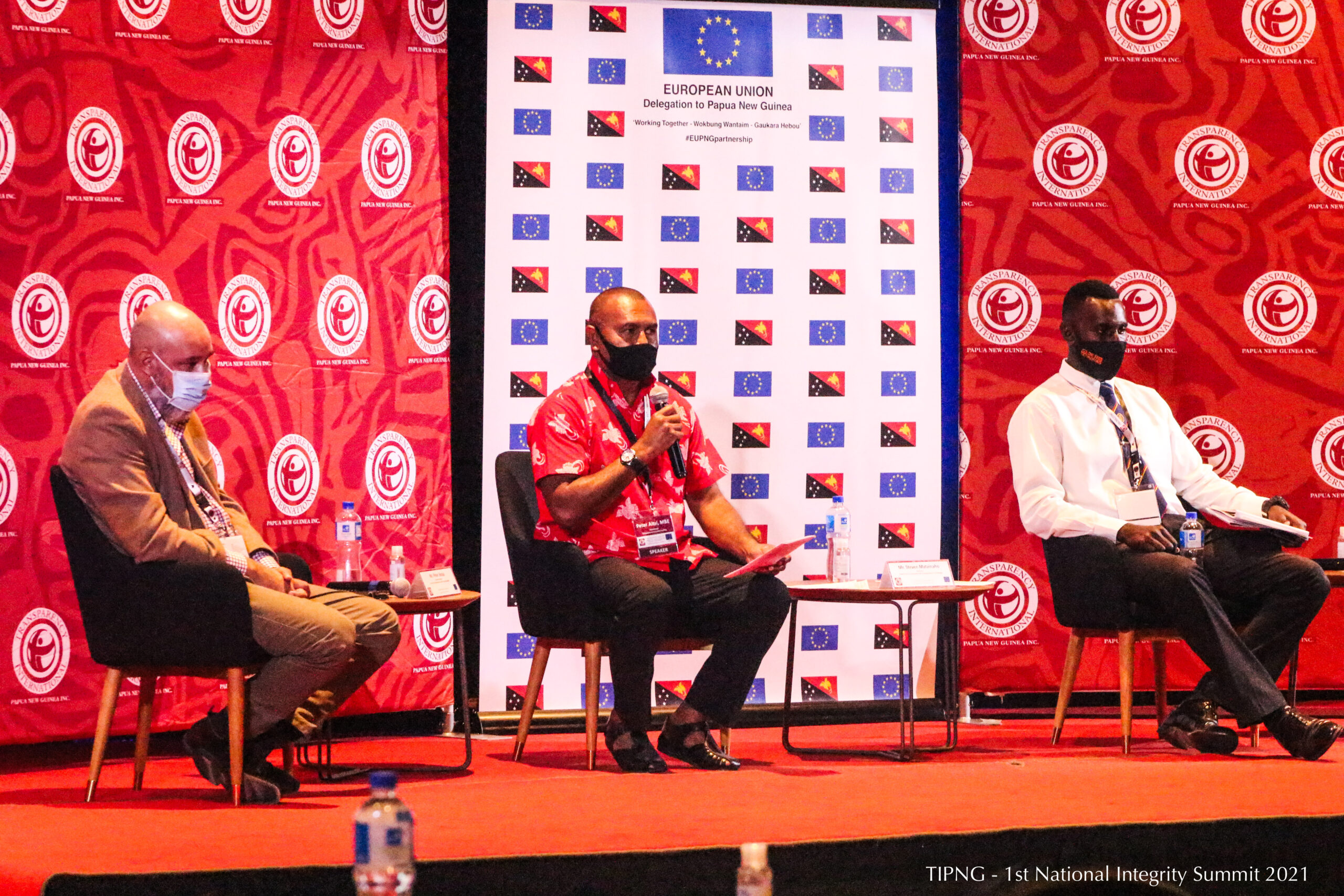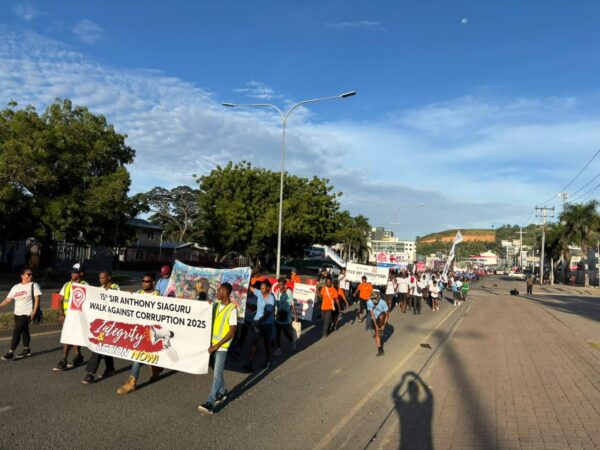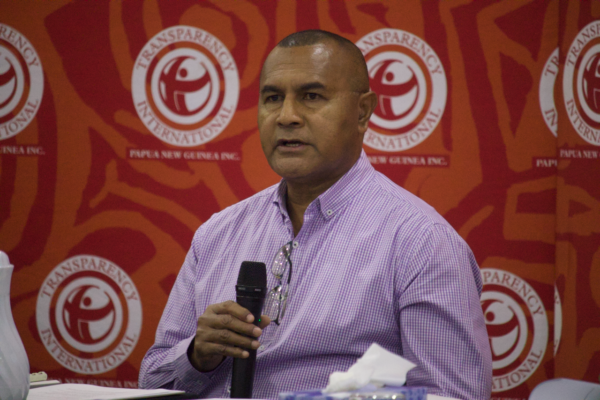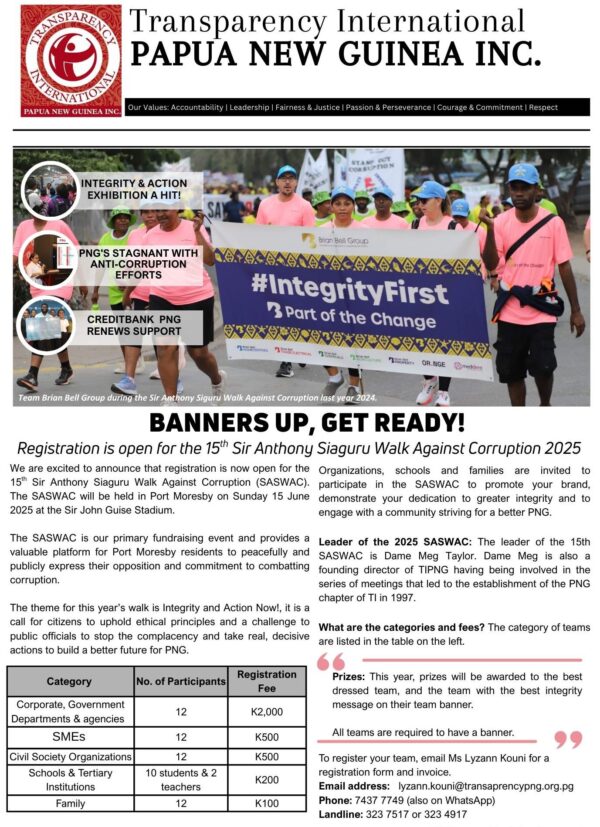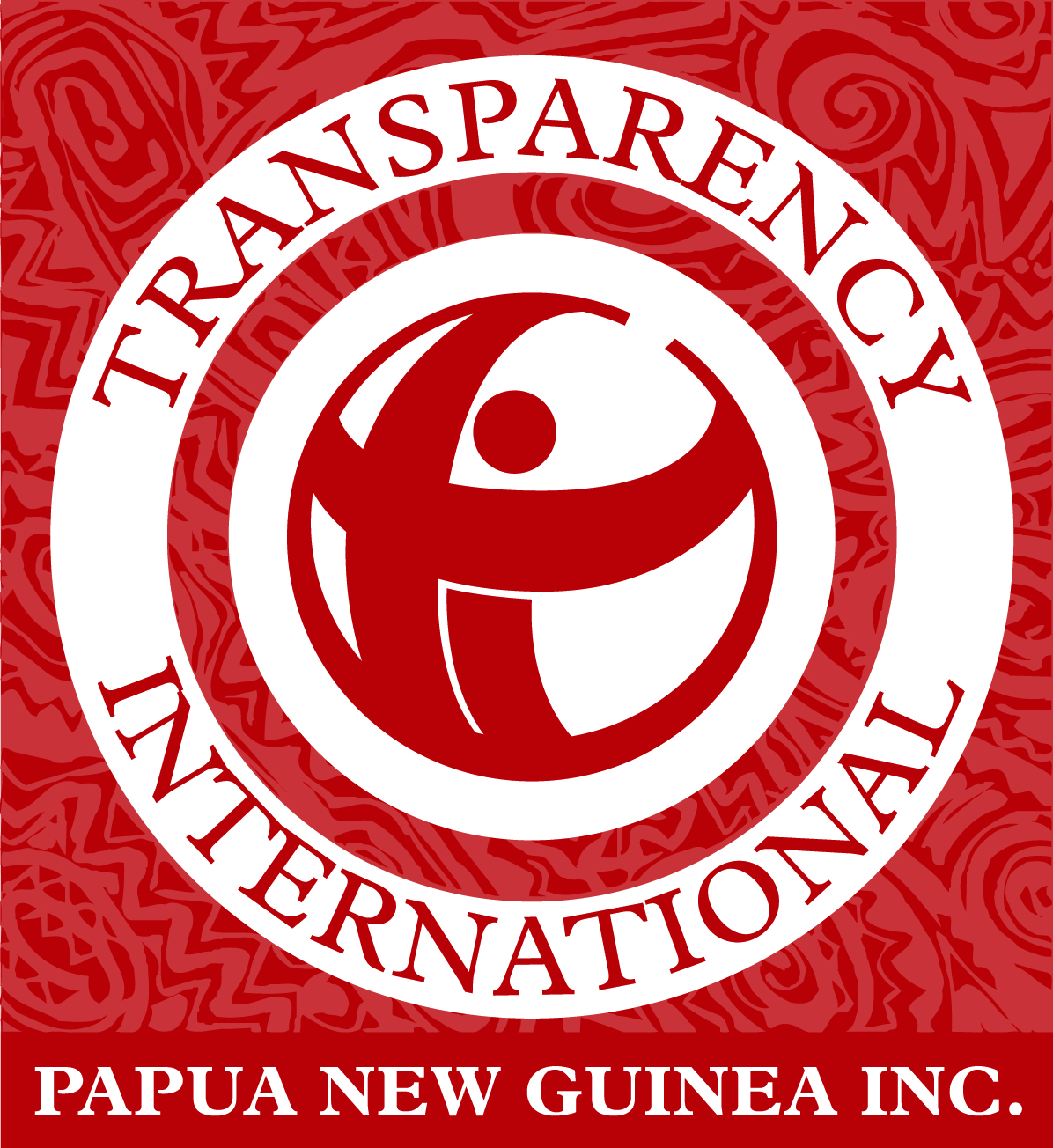A panel discussion during the recent Transparency International PNG (TIPNG) 1st National Integrity Summit, funded by the European Union, has underscored a data void in the PNG forestry sector, which has facilitated the manipulation and plundering of PNG resource owners by foreign logging companies for decades.
Panelists speaking during a panel discussion on investigative journalism and whistle-blowers highlighted the civil society experience. Civil Society Organizations while advocating for rural communities, have found the lack of information has greatly disadvantaged natural resource owners from seeing the full benefit from commercial activity.
A lack of timely, accurate and accessible information in the forestry sector particularly has caused societal issues, leading to secret business dealings and in terms of benefit-sharing the majority of the landowners they do not know how much they are going to get from their own resources which is often developed by a foreign company.
In calling for greater access to public information within the forestry sector, TIPNG Chair Peter Aitsi said, “The current culture of unnecessary and unjustified secrecy among regulatory agencies regarding public information not only actively prevents forestry resource owners form participating meaningfully in developments, but also creates an environment rife with opportunities for corruption and abuse.”
“If our laws truly exist to protect the rights of our people, then the implementation and enforcement of these laws must be carried out with the same vigor and intention. We must give our people every opportunity to make informed decisions about their resources and their future, and the provision of timely and accurate information will go a long way towards this purpose,” said Mr Aitsi.
In NEC Decision No. 323/2018, the Government committed to draft a Freedom of Information Policy and Legislation through the Open Government Partnership. This commitment will enable Section 51 of the National Constitution of Papua New Guinea which outlines the Right to Public Information. Further to this, the Government, Private Sector and Civil Society are collaborating through the PNG Extractive Industries Transparency Initiative (PNGEITI) to ensure greater transparency on revenue collected from the extractives sector, which only includes minerals and petroleum at this stage, but may include other resources in future.
ENDS…///

